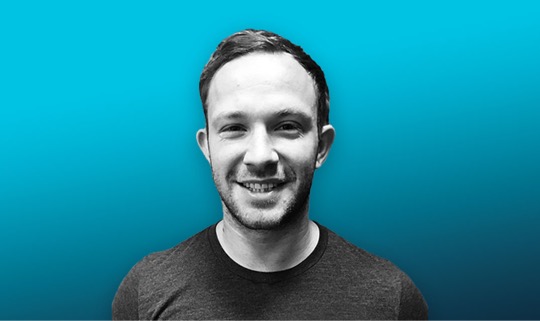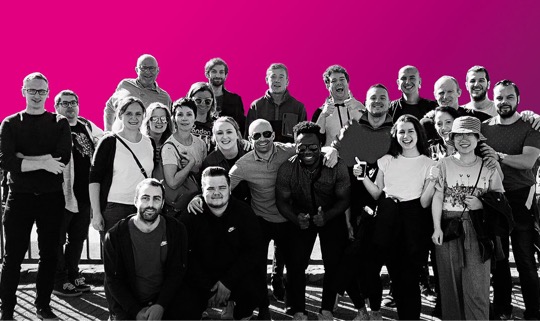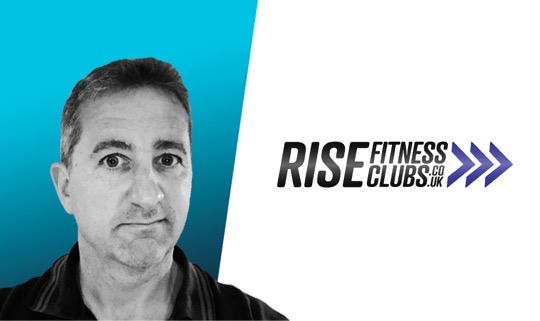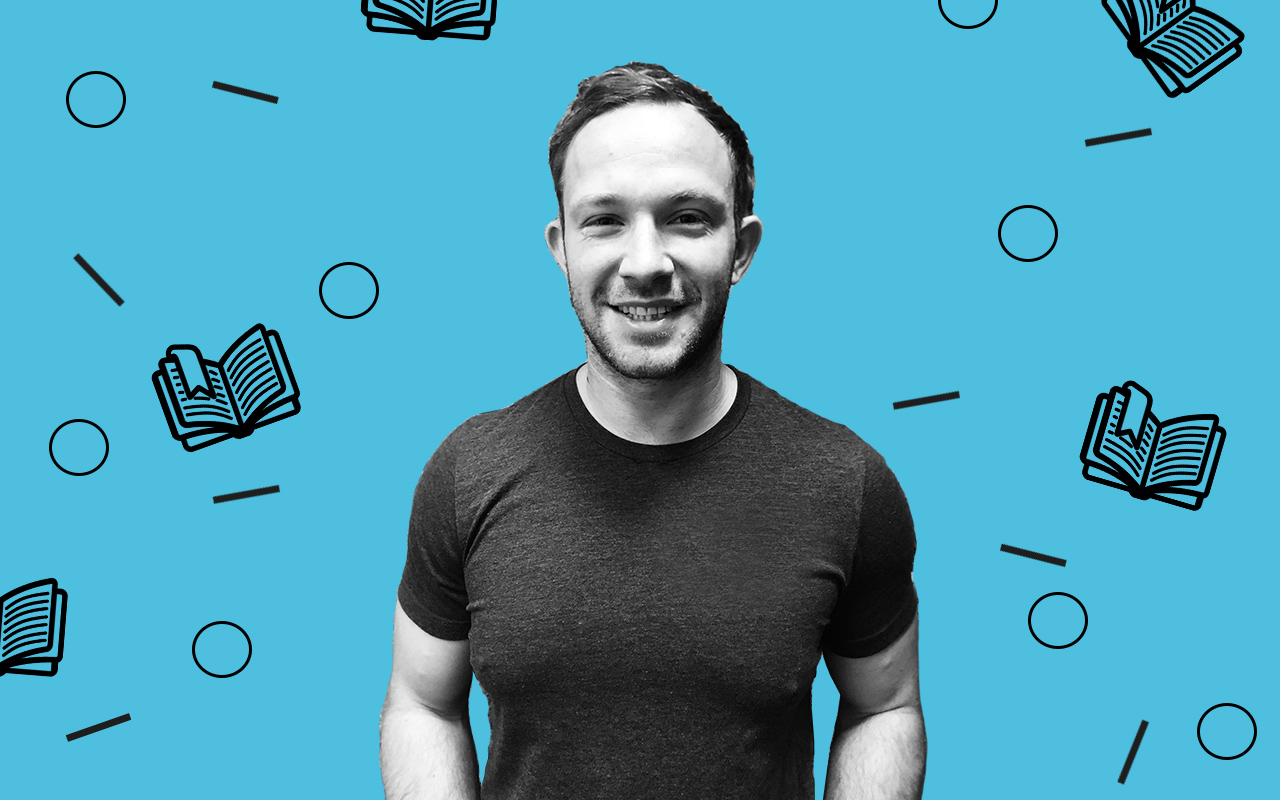The debate whether entrepreneurs are made or born is an endless one. Founder & CEO of Membr, Jack Malin, gives a tour of the books that shaped his entrepreneurial thinking.
When building a company, your influences are as important as any choices that you’d make, because more often than not the first would influence the latter. As Ralph Waldo Emerson once said, “A man is known by the books he reads.”
What do all these books have in common? They all talk about creating a team environment that is built around some of Membr’s core values: Transparency, Accountability, Responsibility.
Without further ado…
Measure What Matters, John Doerr
We believe in goals, not managers, and the lessons from this book have helped us to formalise and refine this process. An amazing book that’s certainly contributed to shaping the goals structure of Membr.
Scrum, Jeff Sutherland
Scrum is used by development teams all over the world. We decided to take the model one step further and implement it across the whole business. The scrum model allows us to drive accountability and transparency between the teams as we rapidly grow as a company.
Black Box Thinking, Matthew Syed
We could fail at any point in time and that’s okay, as long as we then take the time to learn from it. Syed’s book not only shows how some industries treat failure in very different ways, but also the importance of developing as an individual and within a team.
Legacy, James Kerr
A book so good, you have to read at least a couple of times more. Being an English rugby fan, it’s not the easiest recognition, but the ‘All Blacks’ definitely take the meaning of ‘team’ to another level. As James Kerr puts it, try your best to leave the shirt in a better place that you got it. While heavily focused on sports, I feel that the book’s philosophy is aligned with exactly what every CEO should be driven by.
Start With Why, Simon Sinek
“Working hard leads to winning.” Having a clear vision, a purpose, however, is the driving force that shapes a business beyond any business plan or structure. If I had to pick one book to recommend, it would have to be Simon Sinek’s Start With Why.














